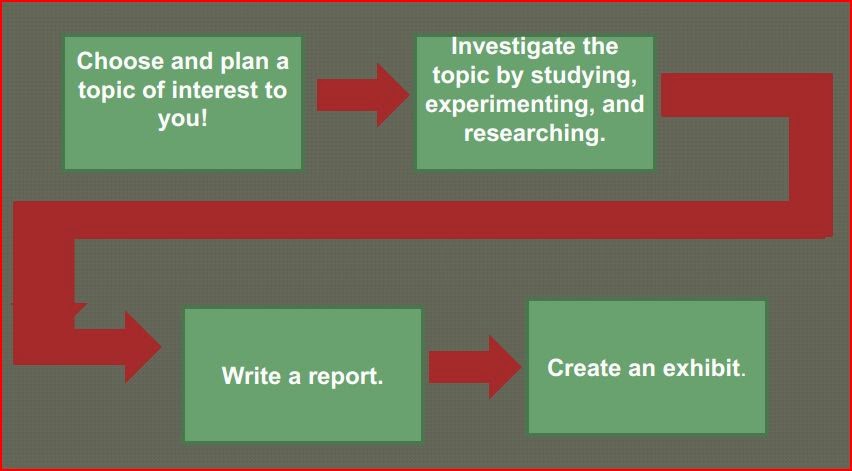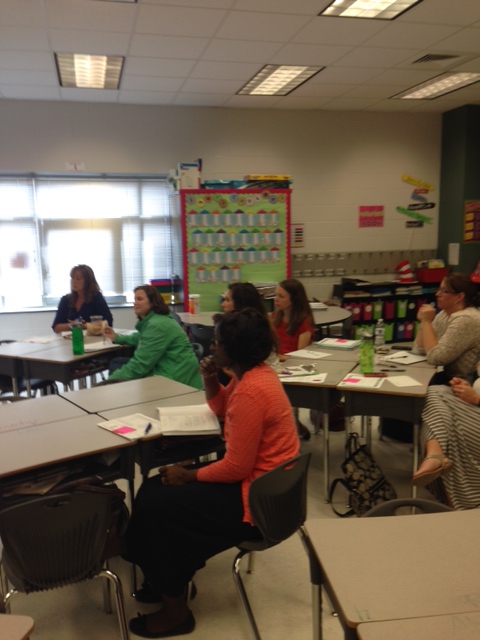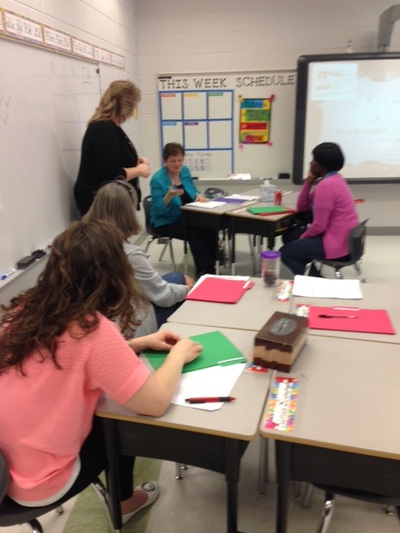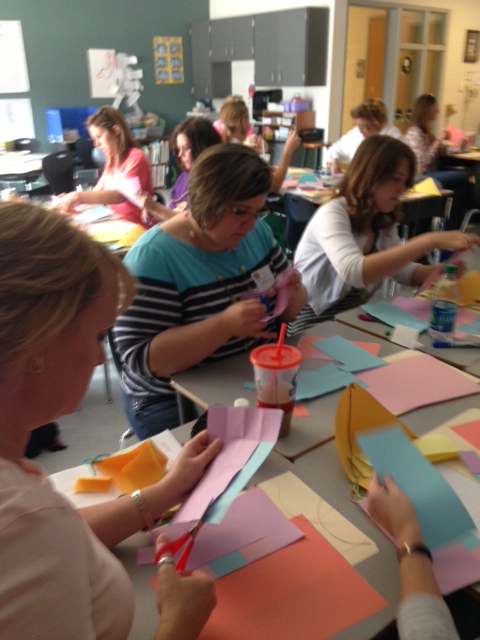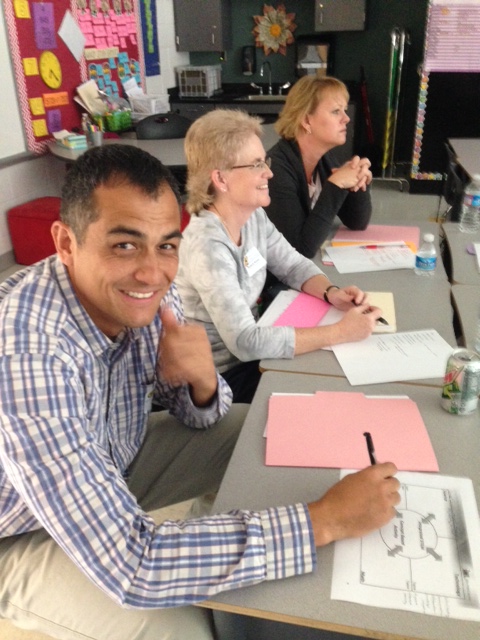Are You Asking the Right Person?
Maybe you've asked your principal to help pay your way to the conference, and you've been told that there's no professional development funds. A teacher told me told me that very thing last year... but I just laughed! Why? I was handling registration last year and I happened to know that her county has already registered and PAID for over 40 teachers to attend! As soon as I told her, she laughed too, and said, "Obviously I'm not asking the right person." She immediately connected the dots and knew who she needed to call.
So if you have been told that there's no money, maybe you just need to figure out who to ask. It could be that there's a pot of money somewhere in your district and your job is to figure out who holds the keys to the fortune! Okay, maybe not a fortune, but just maybe there IS money available for professional development and it's a matter of figuring how to get your fair share of it. Be sure to explain how your school will benefit from your attendance, perhaps offering to share what you learn in short professional development session for your staff.
What if your principal has approved you attending the conference but he or she isn't sure if the check can be sent to us in time? Or what if you've been approved, but your federal money has not come in yet and you aren't sure if those funds will be available before the conference?
We accept purchase orders, so check to see if your school can send one with your registration form. But what if that option isn't available either?
If an administrator is willing to sign a statement authorizing you to attend now and pay later, we have a Payment Authorization Form he or she can complete to guarantee payment by November 15th. Download the forms on the right, fill out the registration form yourself, and have an administrator complete the Payment Authorization form and sign it. You can register more than one person at the same time, but you'll need to have each person fill out an individual registration form. List everyone's names on the Payment Authorization Form and send all the forms to the address given.
Keep a copy to send in when payment is made later. If your funds become available before the conference, bring a check with you along with copy of the Payment Authorization Form. On-site registration costs $15 more than the regular rate, but if you have registered in advance and sent in this form, you will not have to pay the onsite fee.
Registration Fee Payment Options
When you register for the conference, there are three main payment options available:
- Online (Credit Card or PayPal) - Pay online with a credit card and you'll receive an email receipt for your records. You might be able to submit it to your school for reimbursement later.
- Check - Download the registration form from the registration page, complete it, and mail or fax it in with a check. We prefer school checks, but we will accept personal checks too. You can register as an individual or as a member of a team. If you are registering with a team of 5 or more educators, you qualify for a 20% discount. Details are on the registration page.
- Purchase Order - Download the registration form from the registration page, complete it, and mail or fax it in with a school purchase order.
Wishing you the best of luck with your efforts to obtain funding to attend the Elementary School Conference! We hope you'll join us Sunday at 1 pm on October 19th when the conference begins until Tuesday noon when we wrap things up. Attending the conference will be a terrific way to network with colleagues and learn new strategies for the coming school year!
Laura Candler
NCAEE 2014 President











.jpg)










